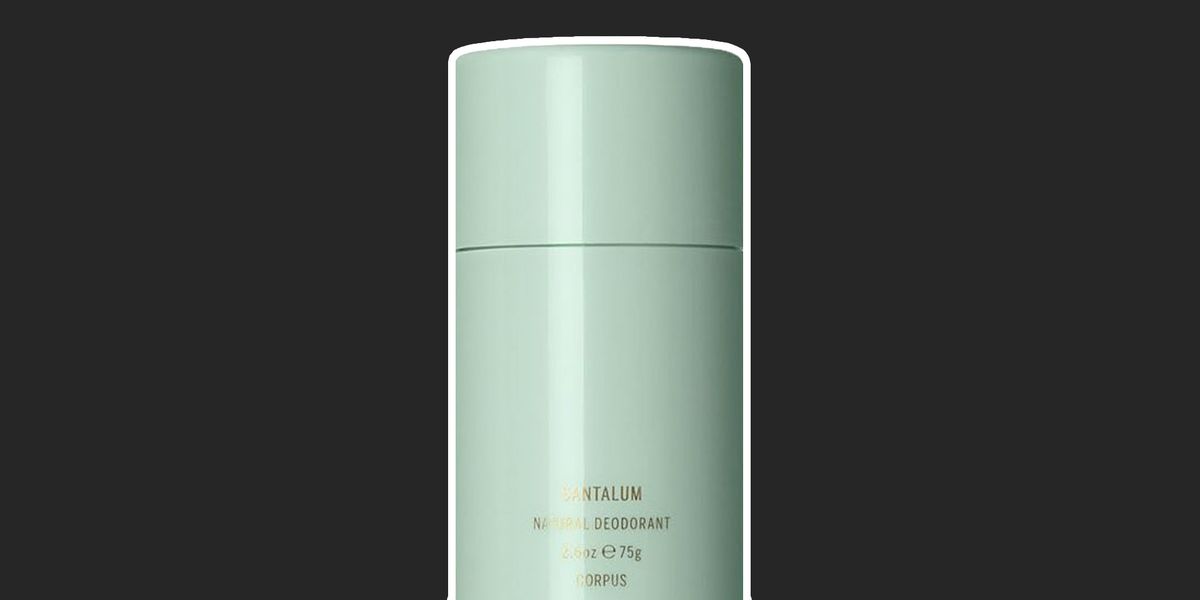Keep in mind that there is a difference between a deodorant and an antiperspirant. As a reminder, antiperspirants use aluminum to stop sweat (aluminum is the only FDA-approved ingredient for sweat reduction) and deodorants don’t—they technically only control odor. Sweat isn’t a bad thing (it’s a bodily function that helps cool us down), but if you’re hoping to reduce or stop underarm sweat completely, you’ll need an antiperspirant. If you can tolerate some sweat and just want to control odor, you’ll like a deodorant.
Ingredients: The biggest thing to consider in a deodorant is the ingredients. Body odor is caused by bacteria, which need moist environments to grow and proliferate. A good deodorant should include ingredients that control bacteria and help to control wetness (again, they won’t stop sweating but the can help absorb some of the moisture).
Bacteria Control: You’ll want to look for things like zinc oxide, magnesium hydroxide, pre- and probiotics, or alpha hydroxy acids. These ingredients all work in different ways, but they all help eliminate and control the amount of bacteria under your arms that can contribute to body odor. Baking soda (sodium bicarbonate) is also often used for this, though it’s a common skin irritant in many people, so more brands are shying away from it. If you’ve ever had a reaction to a deodorant, especially a natural one, it could be from baking soda.
Moisture Control: Most deodorants will also include some type of ingredient to help soak up wetness, though won’t completely stop sweating. Look for ingredients like arrowroot powder, tapioca starch, corn starch, diatomaceous earth, or kaolin clay. Baking soda can also help with this, but, as noted above, can be irritating.
As a bonus, you might also find skin-beneficial ingredients to help keep your underarm skin healthy, like niacinamide, vitamins, moisturizers like shea butter and coconut oil, and hyaluronic acid.
Fragrance: Nearly all deodorants will have some sort of fragrance to them (that’s kind of the point), but some will rely on it to cover up odor more than others. Whether the fragrance is synthetic or comes from the natural ingredients like essential oils in the formula, fragrance can be a huge selling point on deodorant. What fragrance you choose is a personal decision, but keep in mind that if you have sensitive skin or tend to get irritated from deodorant, you may want to go for one that is fragrance-free or has minimal added fragrance.
Read the full article here








